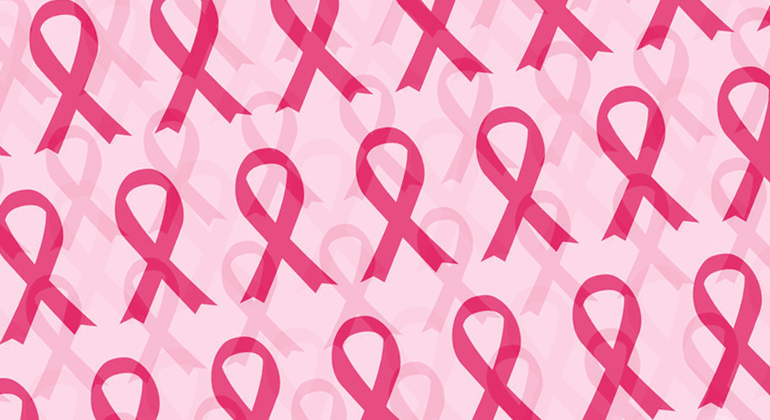BRCA gene and Breast Cancer. What Every Jewish Person Needs to Know.

By: Scott Weissman, Founder of Chicago Genetic Consultants
No woman should die from breast cancer. Read that again…no woman should die from breast cancer. These were the powerful words from Dr. Mary Claire King at a genetics conference I recently attended. Dr. King is one of the co-discoverers of the BRCA1 gene which causes hereditary breast and ovarian cancer syndrome along with another gene, BRCA2.
Dr. King has spent much of her career studying the BRCA1/BRCA2 genes and their impact on women and men. Women who are born with a single, non-functioning (i.e., mutated) BRCA1 or BRCA2 (BRCA1/2) gene face a significantly increased risk of both breast and ovarian cancer. Most women in the general population have a 12% and 1.4% chance of developing breast or ovarian cancer, respectively. Women who carry a non-functioning BRCA1/2 gene, on average, face a 60% chance of developing breast cancer and up to a 50% chance of developing ovarian cancer. Male breast, prostate, colon and pancreatic cancer risk is also elevated when one of the genes is non-functioning.
Dr. King has also been studying the impact of these genes in the Ashkenazi population. Through her and others’ research, we know that 1 in every 40 Ashkenazi Jewish (AJ) people have a non-functioning BRCA1/2 gene. That compares to 1 in every 500 people who are not Ashkenazi Jews. In other words, this is ten times more common in the Ashkenazi community. Further, if you have had breast, ovarian or some other cancer types, there is an even higher chance that you could have a mutated BRCA1/2 gene.
Cancer Type | Chance of Having a Mutated BRCA1/2 gene
- Pancreatic | 8%
- Breast (any age of onset) | 10%
- Breast (diagnosed 40y or younger) | 20%
- Man with Breast | 15%
- Ovarian | 30-50%
Based on these numbers, many medical organizations have come out with policy statements and guidelines in which they recommend that any individual of Ashkenazi Jewish ancestry who has a personal or family history of breast, ovarian or pancreatic cancer should undergo genetic counseling to discuss the pros and cons of pursuing BRCA1/2 genetic testing. I firmly believe in these recommendations and strongly advocate for BRCA1/2 genetic testing in our community. I see it as a mitzvah you can give yourself and family. The word for this is shmirat haguf and it means caring for one’s body.
Genetic testing for BRCA1/2 can identify whether you face an elevated risk of these cancers so that you can take a more proactive approach to cancer screening and, in some situations, give thought to different cancer prevention options. The information can empower you and give some level of control over a situation most people have no control over. Early and more aggressive screening has been shown to lead to much earlier detection of breast and other cancers.
Genetic testing should be performed by a genetic counselor. Genetic counselors are trained to look at your personal and family history to see if you are a candidate for genetic testing, can discuss the impact on the family, answer questions about insurance coverage and help you navigate any psychosocial issues in the family that may have a negative impact on your and/or your family.
Please remember these words, no woman should die from breast cancer…especially an Ashkenazi Jewish woman.
As founder of Chicago Genetic Consultants, LLC, Scott M. Weissman is bringing the science of genetics and genetic testing directly to individuals and families. With over 15 years of experience, Scott understands all aspects of the genetic counseling and testing journey from the decision to seek advice, the pros and cons of genetic testing, how genetic information can impact an individual and their family, and issues related to insurance coverage, privacy and discrimination concerns. His primary focus is hereditary cancer syndromes but also works with individuals who have hereditary cardiac disease, neurologic conditions as well as a multitude of other adult onset genetic conditions and the burgeoning area of pharmacogenomics.
Follow Chicago Genetic Consultants on Twitter @chicagogenetics.






